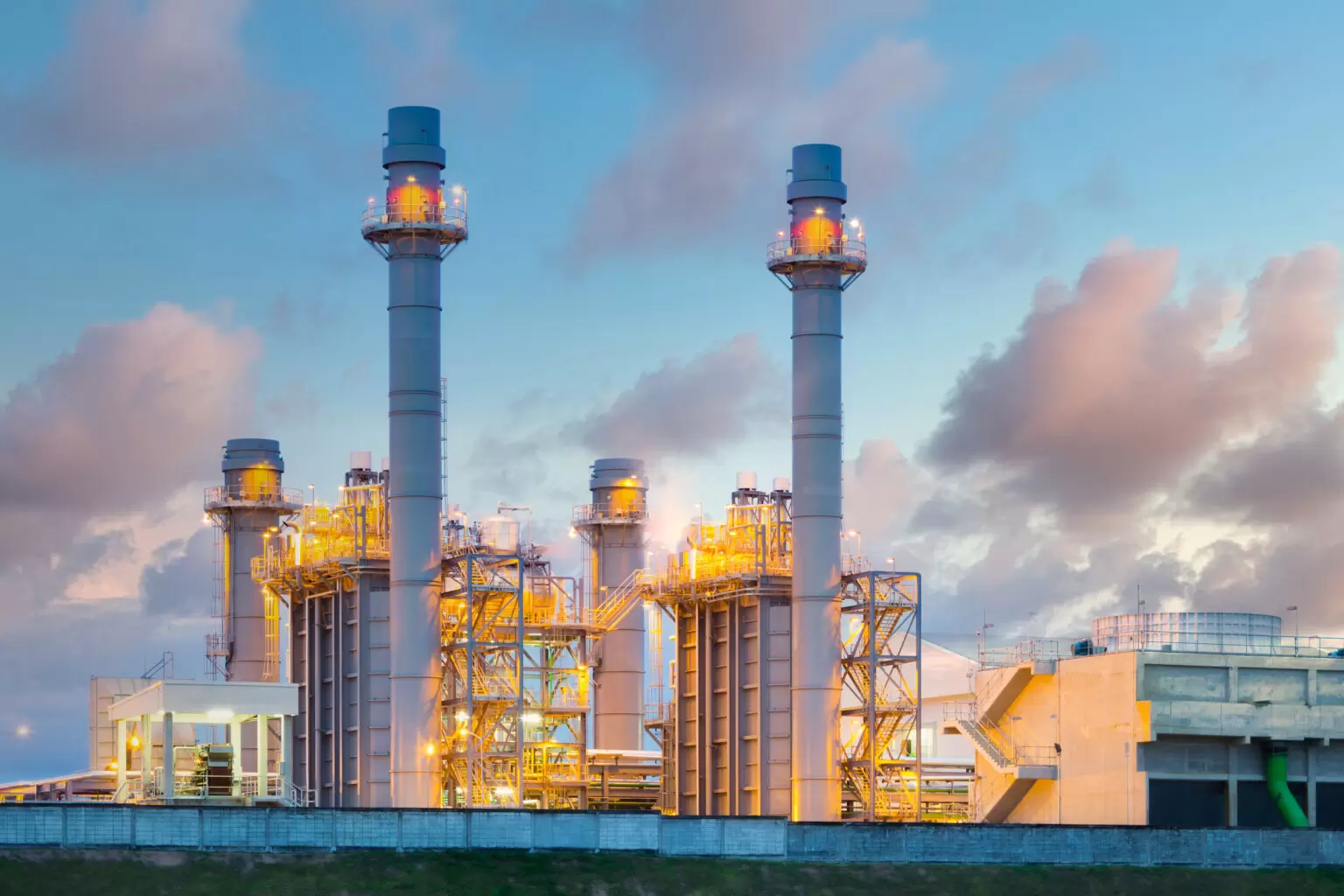By Thuita Gatero, Managing Editor, Africa Digest News. He specializes in conversations around data centers, AI, cloud infrastructure, and energy.
The Supreme Court of Appeal (SCA) overturned the environmental authorization for Eskom’s proposed 3,000-megawatt gas-fired power plant, ruling that the approval process violated national and international climate obligations.
The court found that local communities were inadequately consulted, and that the project’s environmental impact assessment failed to consider renewable energy alternatives or lifecycle greenhouse gas emissions from gas extraction to transportation.
Environmental organizations Groundwork and the South Durban Community Environmental Alliance brought the case, arguing that Eskom’s plans contradicted South Africa’s own decarbonization commitments.
The SCA ruled that the environment minister, Dion George, acted unlawfully when approving the project, citing breaches of the National Environmental Management Act (NEMA), South Africa’s key environmental law.
NEMA requires that all major developments follow sustainable development principles, including:
- Meaningful public participation,
- Consideration of cumulative environmental impacts, and
- Evaluation of reasonable alternatives, such as renewables.
In law, “adequate consultation” means affected communities must be notified, informed, and allowed to comment before approvals. What counts as adequate is guided by NEMA and detailed in South Africa’s Environmental Impact Assessment Regulations, typically requiring public notices, meetings, and access to environmental reports.
The court further cited South Africa’s international obligations under the Paris Agreement, the Kyoto Protocol, and the U.N. Framework Convention on Climate Change as legally relevant in local decision-making.
Under the Paris Agreement (2015), South Africa pledged to reduce emissions by 32–42% by 2030 relative to 2010 levels and to reach net-zero by 2050. The Kyoto Protocol (1997) earlier bound industrialized nations to emission limits, while the U.N. Framework Convention on Climate Change (UNFCCC, 1992) established the principle of “common but differentiated responsibilities”.
In essence, this principle recognizes that while all nations share the duty to combat climate change, wealthier countries which industrialized earlier and contributed most to global emissions carry a heavier responsibility to fund and support the transition for developing nations.
This tension over who should bear the cost of climate action has played out on the world’s biggest political stage, the U.N. General Assembly.
President Donald Trump described global climate initiatives as a “scam,” arguing that they unfairly burden developing economies while allowing the world’s biggest polluters to continue unchecked. His administration’s 2020 withdrawal from the Paris Agreement underscored a broader skepticism among some political leaders who view global climate policy as economically restrictive and geopolitically uneven.
Trump’s position tapped into a frustration shared by leaders across the developing world who argue that the principle of “common but differentiated responsibilities,” enshrined in the U.N. Framework Convention on Climate Change (UNFCCC), has not been honored in practice. Wealthy nations, they say, urge rapid decarbonization while under-delivering on climate finance and maintaining their own high-consumption lifestyles.
The result is a widening perception gap:
-
Developed nations see climate action as a universal moral duty.
-
Developing nations see it as a new form of economic control, one that limits their right to industrialize and grow.
In South Africa’s case, this debate has a direct local echo. Each time courts strike down projects like Eskom’s gas plant, they reinforce environmental accountability but also reignite questions about whether global climate ideals can coexist with Africa’s economic realities.
In practice, however, this balance has been uneven. At COP27, African leaders voiced frustration that climate justice can’t mean “no development.” They insisted that energy transitions must be fair and inclusive, allowing countries like South Africa, Nigeria, and Kenya to use transitional fuels while building renewable infrastructure.
The Richards Bay ruling, therefore, is not just about a single gas plant. It’s a reflection of a global struggle over who pays the price for a cleaner planet and who gets to industrialize along the way. In this case, the court found that these commitments must inform local policy effectively making climate law a domestic consideration.
Read Also: South Africa’s Big Bet on Nuclear and Gas
Across Africa and beyond, judicial intervention in major infrastructure projects is becoming common.
- In Kenya, the Lamu coal power project was halted by the Environment and Land Court for lack of public participation.
- In Nigeria, courts have blocked oil developments in the Niger Delta over pollution concerns.
- In Uganda and Tanzania, the East African Crude Oil Pipeline (EACOP) has faced lawsuits in both local and international courts.
Supporters of these rulings say they protect communities and the planet. Critics argue they slow national development, delay investments, and frustrate the state’s ability to build infrastructure.
“It’s almost as if policy ambition is running ahead of procedural compliance,” says one Johannesburg-based energy analyst. “Governments move fast on big projects, but courts move faster when rules aren’t followed.”
Gas remains central to South Africa’s plan to transition away from coal. It’s often branded a “bridge fuel”, cleaner than coal, and easier to integrate with renewables.
However, while natural gas emits less carbon dioxide, it releases methane, a far more potent greenhouse gas that traps 84 times more heat than CO₂ over a 20-year period.
That trade-off makes gas controversial in a world moving toward true low-carbon energy.
Power sources: the pros and cons
| Source | Pros | Cons |
|---|---|---|
| Coal | Reliable baseload power, existing infrastructure | High CO₂ emissions, air pollution, global divestment |
| Natural Gas | Lower CO₂ than coal, flexible backup | Methane leaks, price volatility, still fossil-based |
| Nuclear | Low emissions, stable output | High capital costs, long timelines, waste disposal issues |
| Solar | Renewable, scalable, falling costs | Intermittent, storage needed, land-intensive |
| Wind | Clean, mature technology | Variable output, requires grid upgrades, local opposition in some areas |
The project site, Richards Bay Industrial Development Zone (RBIDZ), is a state-backed special economic area in KwaZulu-Natal, offering tax incentives, customs benefits, and streamlined licensing to attract investment.
Five other gas projects are proposed within the RBIDZ , all now facing challenges from Groundwork and allied NGOs.
The judgment is part of a wider trend, courts acting as climate referees, forcing governments and corporations to integrate environmental, social, and climate obligations into every stage of development. Whether this represents accountability or gridlock depends on perspective.
For activists, it’s long-overdue justice. For planners, it’s a legal bottleneck in a country desperate for stable power. Either way, the courtroom not the cabinet is increasingly where Africa’s energy future is being decided.



